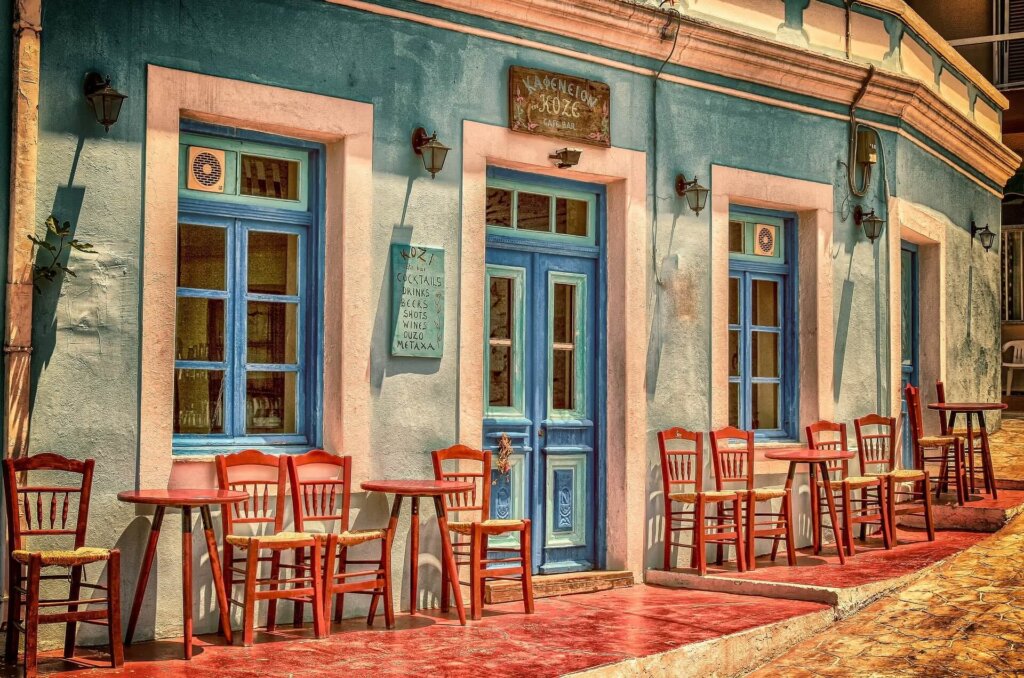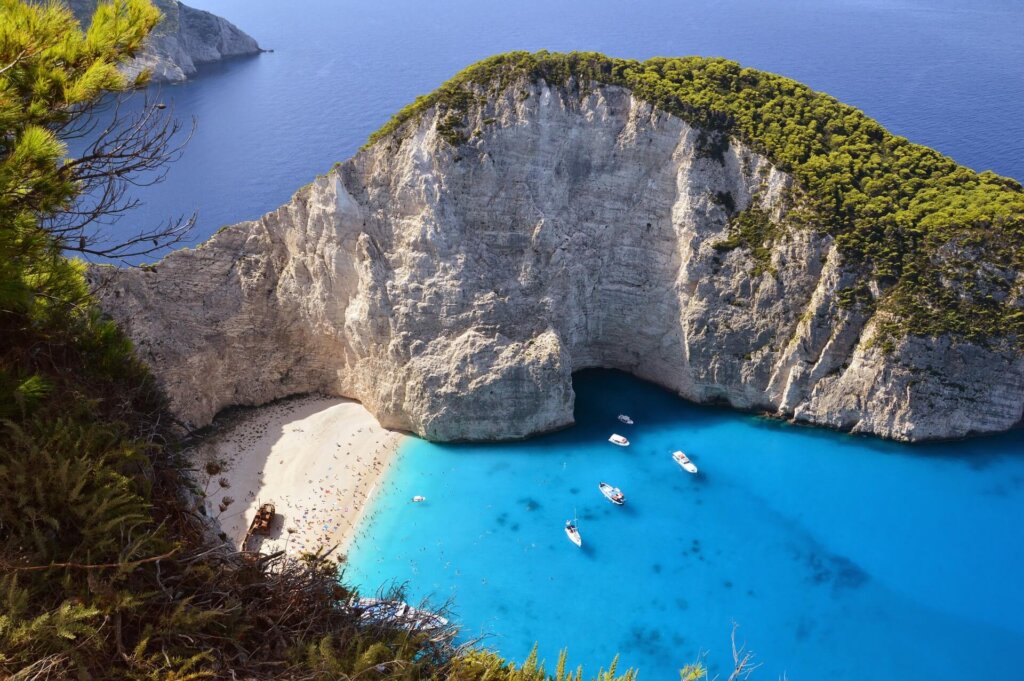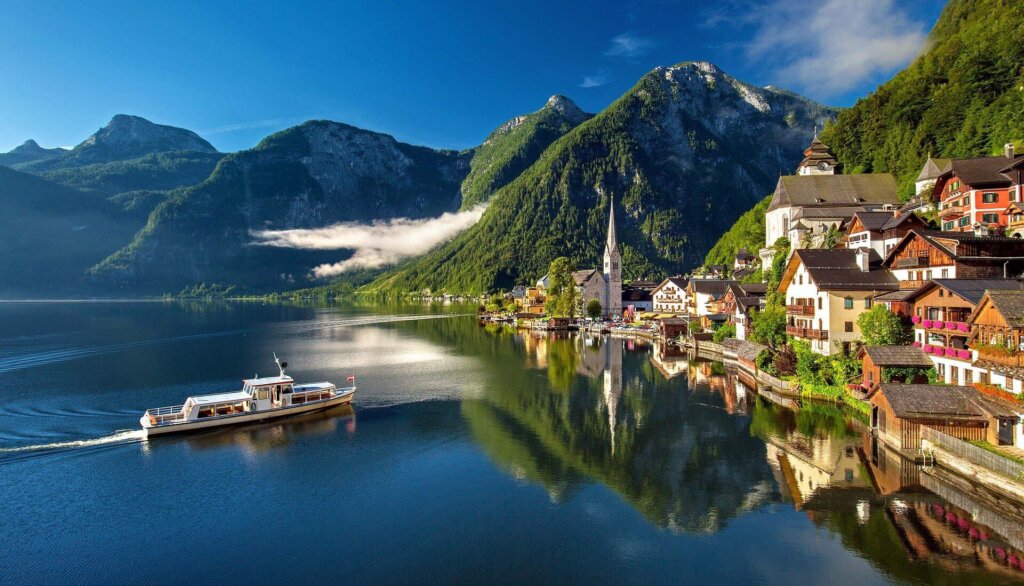Restrictions on non-essential travel from third countries to the EU have been extended until 28 February. Although it is expected that they will be extended again, once that date arrives.
So far there are no dates to grant free access to Europe for Latin American citizens. Especially for Brazilian citizens.
But even the EU members themselves have been severely limited in transfers. The goal: avoid all non-essential travel.
Community vaccination passport
Of all, the most controversial proposal, suggested by Greece, was to create a vaccination passport at Community level. Only those who have been vaccinated and are issued a “vaccination passport” could move within the EU:
This idea raises legal and political doubts, because of the risk that it could lead to a limitation of the rights of those who do not want or cannot be vaccinated.
Countries outside the EU that are considered safe
So far, only citizens of the following countries are considered safe to travel to the EU:
- Australia
- China, subject to reciprocal agreement
- New Zealand
- Rwanda
- Singapore
- South Korea
- Thailand
The UK, Switzerland, Iceland, Liechtenstein and Norway are automatically considered safe despite not being in the EU.
Green areas and corridors
It has been planned to establish alliances between some European countries for green areas or safe areas where nationals of the countries can travel within the agreement.
The so-called ‘green corridors’were also created, which are fast lanes to avoid traffic jams and to ensure a rapid flow of goods within the countries of the European Union.
The regulation for these special corridors are defined in an EU document called “Border Management Guidelines” and it specifies:
- The unimpeded transport of goods should focus primarily on“essential goods,such as food supplies, including livestock, medical equipment, and vital protective supplies.”
- Facilitating safe mobility for transport workers, “including truck and train drivers, pilots and aircreants across internal and external borders”.
Some relaxations of restrictions
Some countries have relaxed controls to lessen the economic impact during summer 2021.
A health check has been set up at Austria’s airports, where it is possible to check on health and avoid waiting 14 days in isolation. This is only for EU countries and costs 200 usd.
The government of Greece announced that from June 2021 domestic tourism will have access to the most important monuments of Athens, such as the Acropolis, as well as hotels and restaurants. This is in order to counteract the economic impact of restrictions during carnivals and Easter.
In Spain, one of the EU countries with the most severe measures, from May 11 will open some museums at 30% entry capacity. This in order to maintain social distancing. It must be booked in advance online and there will be no cloak-up services.
France, europe’s most visited country for tourism, has been hit hard by the restrictions.
From 11 May they will begin to relax the measures. Travel will be allowed up to 00 kms from the place of residence. The opening of the small museums will begin. The great museums will remain closed.
How to know the current state of restrictions?
There is an online tool Re-open EU that allows you to know in real time what are the restrictions, exceptions and requirements to move in Europe.
Information is available in 24 languages. You just have to access the web, select a country in the search engine and you will get all the necessary information about the health situation, measures against the coronavirus, travel and other relevant information.
Conclusions
The coronavirus pandemic is a major event in full swing that has affected the lives of everyone in the world.
The European Union is determined to address the situation by safeguarding the health of its citizens, while ensuring a minimum impact on the mobility and economy of Europeans.
For this reason, the protocols are reviewed every 14 days and recommendations are issued to the member countries.
This global crisis has made it possible to create mechanisms for international agreements with unprecedented speed and bureaucratic obstacles have been put to one side, making Europe an example for the world to follow in terms of emergency management.




